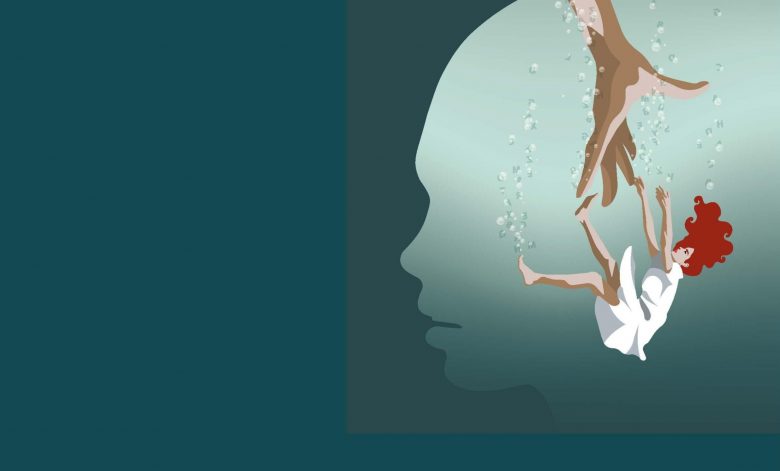
Behavioural therapies have been around since the 1920s, making them one of the earliest successful models of psychological therapy. Although there is a range of exciting modern treatments available nowadays, behavioural treatments are still among the most effective ways of tackling some conditions. Behavioural therapies come from the behaviourist approach, which dominated psychology for the first half of the twentieth century. Behaviourists explained how humans and animals learn to behave in particular ways through two processes of conditioning: classical conditioning and operant conditioning.
Classical conditioning takes place when we learn to associate new and familiar stimuli (these might be sights, sounds, smells, etc.) with one another so that we respond to the new stimulus as we already responded to the familiar one. We cannot learn new or complex behaviours through classical conditioning but we can learn to produce simple responses, such as fear. This sort of response can constitute a mental disorder. For example, someone might be conditioned to fear a particular type of car (say a Mini) if, as a child, they had been in a Mini when badly stung (say in the mouth) by a wasp.
Your organisation does not have access to this article.
Sign up today to give your students the edge they need to achieve their best grades with subject expertise
Subscribe



